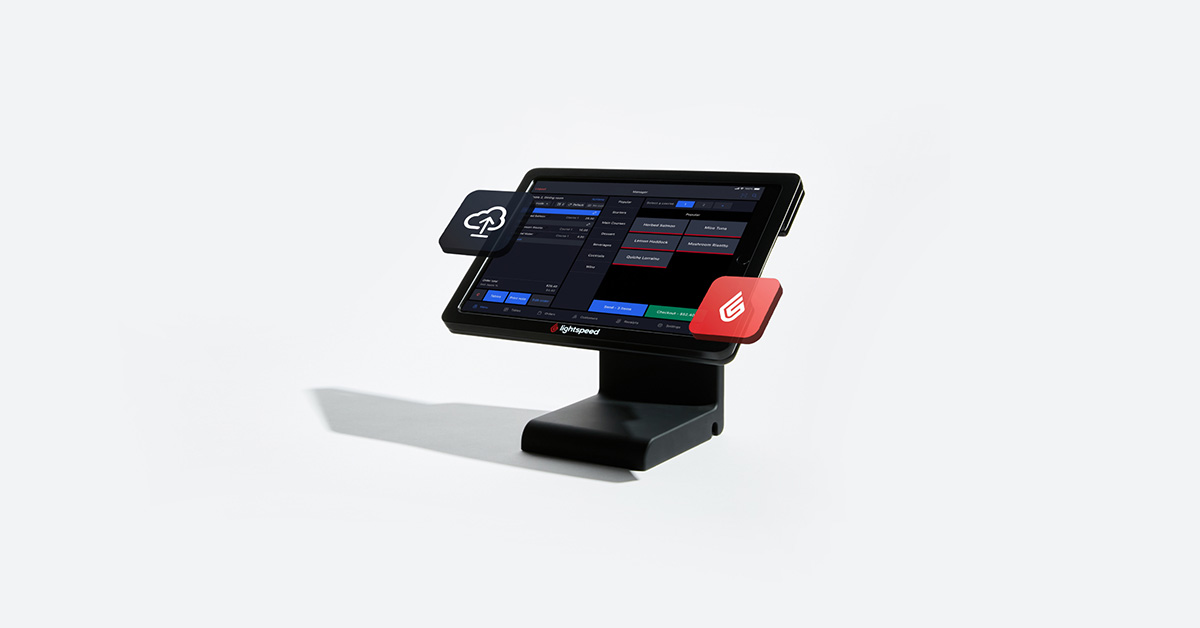
The right restaurant manager helps set the tone for the entire operation.
A manager who leads by positive example and understands the big picture can positively impact profit margins, while a manager who’s short-tempered or disorganized can drive away customers or result in employee turnover.
However, a restaurant manager’s actions don’t just impact the business’ bottom line. They can also influence employee morale, safe kitchen practices and many other aspects of the business. According to Scott Brooks, owner of River Run Consulting, LLC “Every time you have a manager anywhere, it’s important, but in the food industry, it’s so important because what they could make the difference between life and death for customers.”
When employees aren’t following food safety protocols and customers get sick, “weak management is the driver for a lot of that,” he adds.
Arlene Spiegel, president of Arlene Speigel & Associates, says that “the managers can make or break a business, especially in the hospitality industry. In addition to the administrative and technical experience, a successful manager knows how to build the business with customers, keep an eye on the top and bottom line and have checks and balances on performance.”
We talked to Brooks, Spiegel, and Joleen Goronkin, CEO of People and Performance Strategies, about how to identify the right restaurant manager.
Tips for hiring a restaurant manager
- Hire for integrity
- Ask situational questions
- Assess cultural fit
- Read between the lines
1. Hire for integrity
According to Brooks, integrity is the single most important trait of an effective restaurant manager.
“They have to be willing to tell 16- or 17-year-olds about discipline and doing things the way the procedures say you have to do it,” he says, “[including] why you have to be careful about not contaminating food or why you have to be careful if a customer says they can’t have cheese. The manager really drives that with integrity.”
When you’re looking for integrity, think about servant leadership. Servant leadership is the philosophy that a leader’s main purpose or goal is to serve—something that rings true for many industries, but especially the hospitality industry.
Integrity is one aspect of servant leadership. It must be inherent to the manager’s disposition.
When it comes to managers, some things can be taught and others can’t. Things like learning a new point of sale system or how to handle opening and closing can be taught but, according to Goronkin, “how to make the guests feel wowed is not as easy to train. You want somebody with the right personality and that likes to be the servant leader.”
2. Ask situational questions
So, how do you know if someone has the makings of a servant leader? The answers to open-ended questions about a candidate’s past actions can speak volumes, so include several situational questions in your interview process.
“Past behavior is the best indicator of future performance,” Goronkin says.
Goronkin recommends asking candidates to tell you about a time when they handled a guest complaint and a time when they lost their temper at work. For insight on their positive traits and qualities, ask about instances where a guest gave them a compliment.
Brooks likes to know that a candidate is willing to take disciplinary action against an employee who isn’t following the food safety guidelines from their employee handbook or otherwise isn’t behaving properly.
“You can sense whether they feel like they’re capable of taking those tough actions,” he says. “Ideally, you want the candidate to coach first and help [the employee] understand the expectations. If that employee is not capable of being coached, then they need to be terminated. It’s a life or death situation. Your brand reputation is at stake and the health of your customers.”
3. Assess cultural fit
Cultural fit is arguably one of the most important parts of your hiring process.
But what does it really mean?
In this case, cultural fit refers to how well a prospective manager will adapt to the current culture, values and team of your restaurant. Assessing cultural fit is important becomes it will dictate your team’s cohesion, eventually determining your restaurant’s efficiency and environment.
The biggest consequence of not focusing on cultural fit when you’re hiring a manager? Turnover. And the restaurant industry is riddled with it.

Lightspeed customer Alma knows a thing or two about teamwork.
In order to avoid hiring a manager that doesn’t match your restaurants culture, Goronkin recommends asking yourself and your prospective new manager the following questions:
- What is your restaurants mission and vision?
- What are your values?
- Do these values align with the candidates’ values?
- Does the candidate want to work 40 hours a week? Do they not mind working 60 hours a week?
- What type of flexibility do they need?
While working 50 hours a week at minimum used to be standard for restaurant managers, Goronkin says many restaurants have started “being more thoughtful about how much restaurant managers are working and trying to make it more flexible, or not as many hours.”
Figuring out and establishing what your restaurant’s culture and values are early on will make determining what you look for in a hiring manager much easier when the time comes.
4. Read between the lines
Don’t just listen to how a candidate answers questions. Pay attention to their body language and other cues during the interview process.
According to Spiegel, the spoken portion of the interview is just one aspect to consider. Keep your eyes open for other, more subtle cues that show you a bit more of how the candidate handles themself.
“The face-to-face interview tells a lot about what to expect from a candidate. Did they show up on time? Are they dress appropriately? Did the physical posture, eye contact and handshake exemplify the role model they will need to be?”
Understanding your potential hire beyond the regular interview questions will help give you a deeper perspective on who they are as a person and how well they match your restaurant’s culture and mission.
Hiring for the future
While finding the right restaurant manager can seem daunting, taking the time to thoroughly evaluate candidates can make all the difference in the success of a restaurant.
The type of manager you hire will not only dictate their performance but the performance of everyone they manage.
By hiring a manager with the right types of values and traits, you’ll not only have someone that can lead your staff in the right direction, but you’ll also pave the way for a great working environment. Happy hunting!

News you care about. Tips you can use.
Everything your business needs to grow, delivered straight to your inbox.



